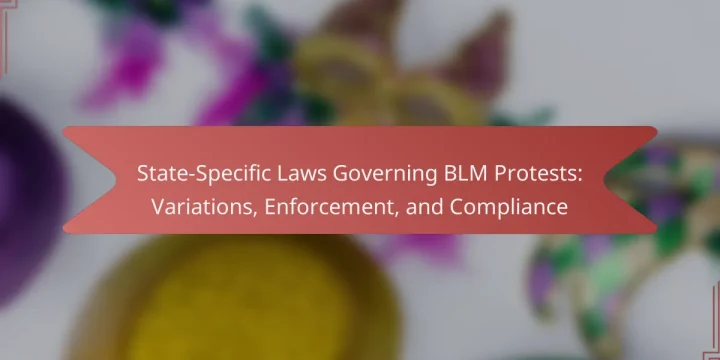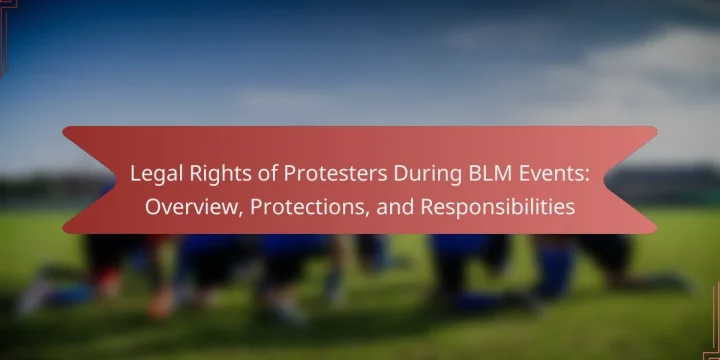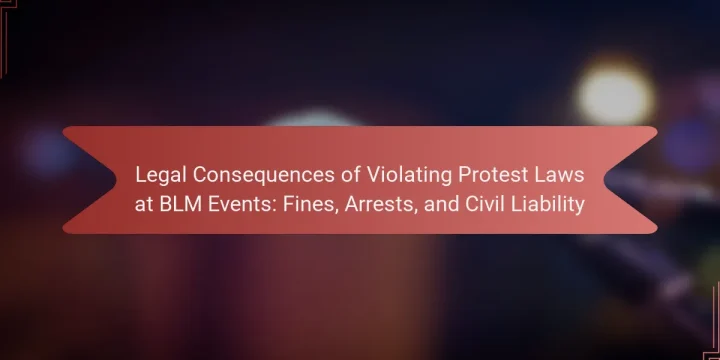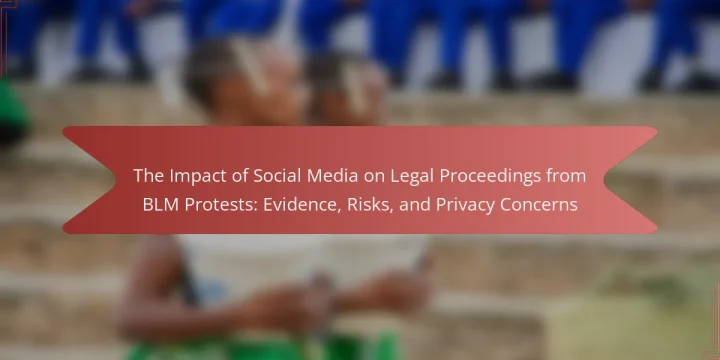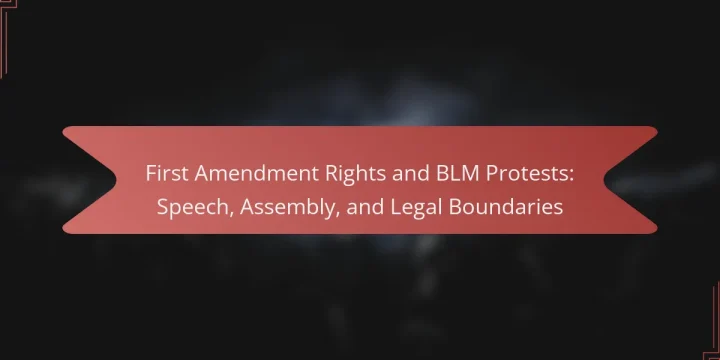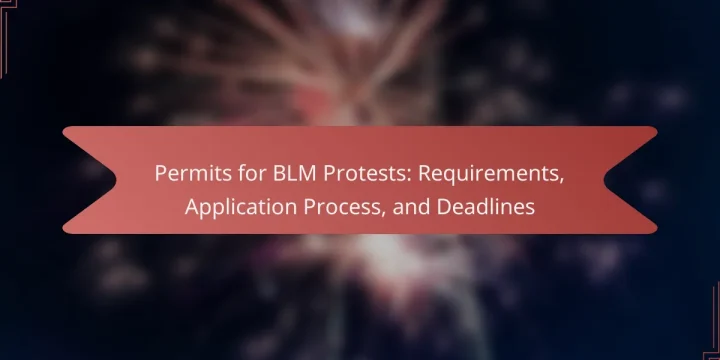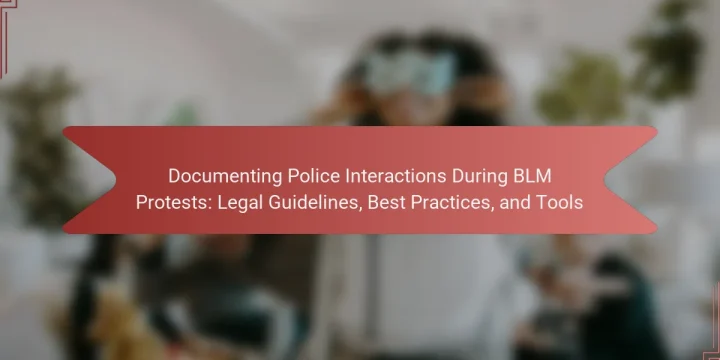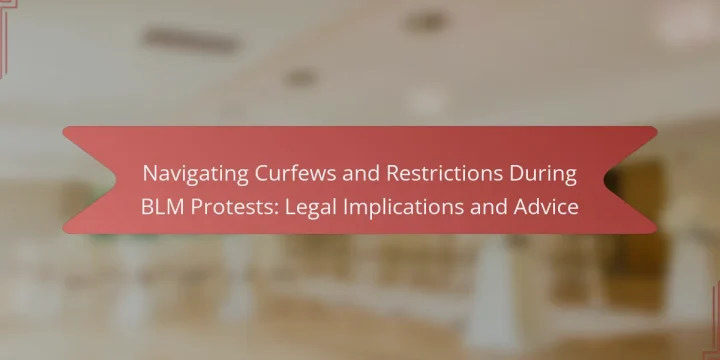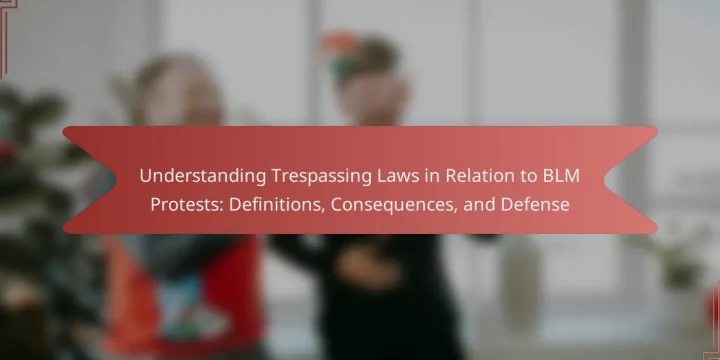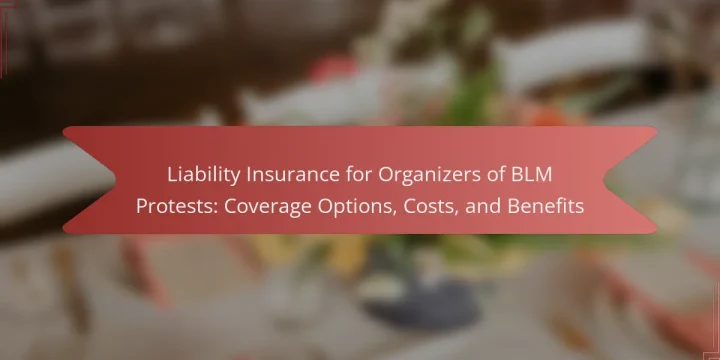
What is Liability Insurance for Organizers of BLM Protests? Liability insurance for organizers of BLM protests is a type of insurance that protects against legal claims. This insurance covers costs related to bodily injury, property damage, and legal fees. Organizers face risks due to potential injuries or damages during protests. Liability insurance helps mitigate financial risks associated with these events. It is crucial for ensuring that organizers can manage unforeseen incidents. Coverage options may vary based on the insurer and specific event details. Many organizers seek this insurance to protect their assets and ensure compliance with local regulations. How does Liability Insurance protect organizers during protests? Liability insurance protects organizers during protests by covering legal costs and damages arising from claims of injury or property damage. This insurance provides financial…
